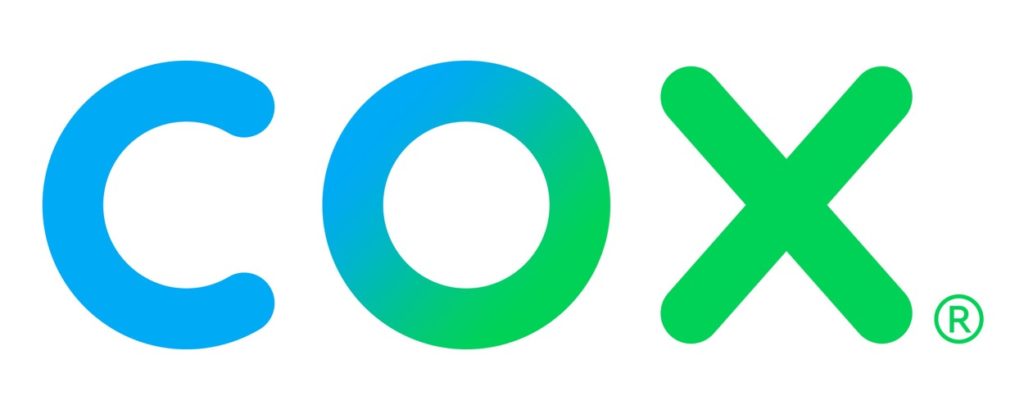This website uses cookies so that we can provide you with the best user experience possible. Cookie information is stored in your browser and performs functions such as recognising you when you return to our website and helping our team to understand which sections of the website you find most interesting and useful.
Business News Labels & Publishers Legal
Cox wants access to reports on the label-approved Copyright Alert System it declined to participate in
By Chris Cooke | Published on Thursday 29 August 2019

Talking of the majors suing ISPs over their infringing customers – which you were, admit it, you were – let’s check back in on the record industry’s legal battle with Cox Communications. Because the back and forth between the labels and the ISP continues.
In the latest court filing in the case, Cox is demanding that the Recording Industry Association Of America hand over internal reports relating to the Copyright Alert System that the big music and movie companies set up with a number of other ISPs to deal with online piracy.
First, a quick recap. The major music companies, co-ordinated by the RIAA, sued Cox after BMG’s earlier successful action against the ISP. The arguments are the same as in all the other lawsuits on this issue: ie Cox had a deliberately shoddy system for dealing with repeat infringers on its network, therefore should not be able to rely on the copyright safe harbour, and should therefore be held liable for its users’ infringement.
The whole matter is due to get to court later this year, but in the meantime both sides have been busy filing complaints about the other. Cox most recently requested that data the labels intend to present as key evidence be excluded because it isn’t complete. Meanwhile the labels accused the ISP of “a consistent pattern of obstruction, delay and gamesmanship”.
The aforementioned Copyright Alert System saw a number of ISPs – mainly ones that were also cable TV companies and therefore had a vested interest in cracking down on the illegal distribution of content – voluntarily send warning letters to suspected infringers among their respective customer bases. It was a voluntary version of the graduated response system that was introduced by law in some other countries, and it ran for a number of years before being wound down.
Crucially, Cox – and the other ISPs that have been sued by the major labels in recent years – did not participate in the CAS programme. But, Cox argues, it nevertheless introduced its own system for dealing with repeat infringers. And while the labels allege that that system was shoddy – hence the “no safe harbour” argument – Cox claims that its own anti-piracy set-up actually went further than the CAS in dealing with infringers.
Says the new lawsuit: “Cox was not a signatory to the CAS, and instead had already implemented its own multistep, or ‘graduated’, response for responding to copyright infringement notices sent to Cox by rightsholders years before CAS was implemented by the other ISPs. In fact, Cox’s graduated response was a more stringent response to combating alleged infringements than CAS in several respects, including the fact that, unlike CAS, Cox’s graduated response process resulted in the termination of service for certain ‘repeat infringers'”.
Cox wants access to internal reports that were compiled about the CAS scheme because, it believes, they could help in its defence. But the RIAA, it says, has so far refused to hand over said reports on the basis that they are “irrelevant” to the case.
However, Cox then states in its legal filing: “The effectiveness of CAS – which was endorsed by the RIAA and many of the [label] plaintiffs – at combating online copyright infringement is undeniably relevant to the underlying litigation in light of the … plaintiffs’ claims that Cox’s more stringent graduated response was an insufficient response to the infringement notices at issue”.
To that end, Cox wants the judge to force the RIAA to hand over those documents. It remains to be seen how the labels – and the judge – respond.





